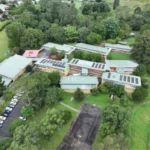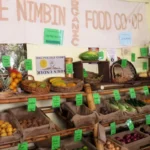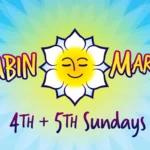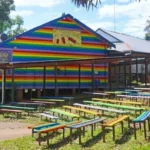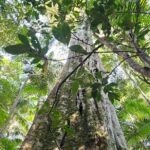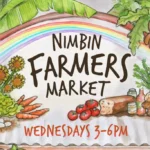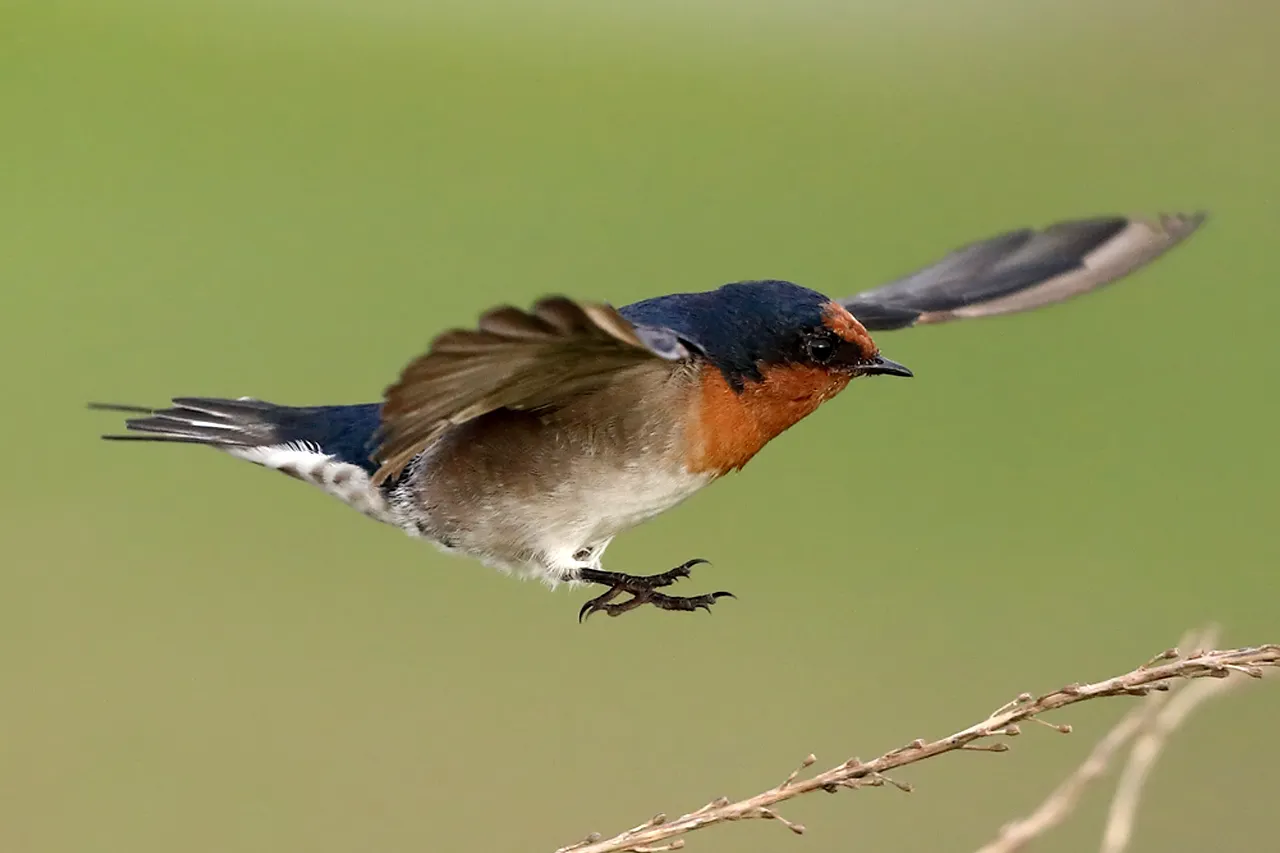
Songs & Calls
Listen to the call of the welcome swallow.Local Notes
This swallow makes its own welcome, returning year after year to the same remembered spot, constructing its nest of mud and twigs under my verandah awning. Once nested, eggs laid and hatched, the parents spend tenacious weeks flying in and out fetching food for the hatchlings. I love when the tiny swallows have grown just enough to peep over their nest to see their world.
by Sky Hallett
Bird Overview
Australia’s most widespread swallow, the Welcome Swallow can be seen fluttering, swooping and gliding in search of flying insects in almost any habitat, between city buildings, over farmland paddocks, in deserts, wetlands, forests, grasslands, and in every habitat in between. Sometimes they even occur at sea — the name ‘Welcome’ swallow comes from sailors who knew that the sight of a swallow meant that land was not far away. Swallows build their mud nests in many different situations, though most noticeably beneath bridges and on the walls of buildings.
Identification
The Welcome Swallow is metallic blue-black above, light grey below on the breast and belly, and rust red on the forehead, throat and upper breast. It has a long forked tail, with a row of white spots on the individual feathers. The outer tail feathers (streamers) are slightly shorter in the female. Young Welcome Swallows are buffy white, instead of rusty, on the forehead and throat, and have shorter tail streamers.
Find more local birdlife
-
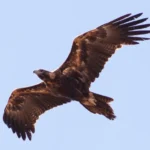
Wedge-tailed Eagle
Birds
-
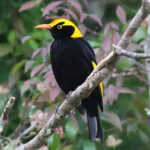
Regent Bowerbird
Birds
-
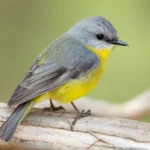
Eastern Yellow Robin
Birds
-
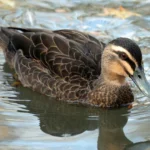
Pacific Black Duck
Birds
-
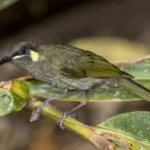
Lewin’s Honeyeater
Birds
-
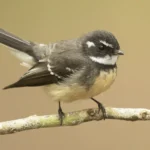
Grey Fantail
Birds
-
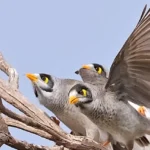
Noisy Miner
Birds
-
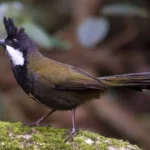
Eastern Whipbird
Birds
-
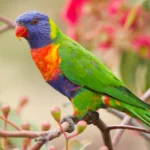
Rainbow Lorikeet
Birds
-
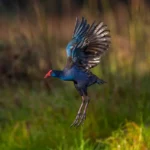
Australasian Swamphen
Birds
-
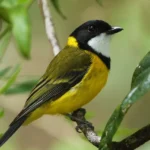
Golden Whistler
Birds
-
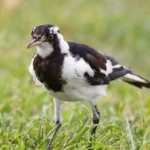
Magpie-lark
Birds
-
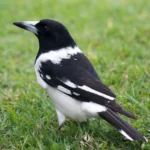
Pied Butcherbird
Birds
-
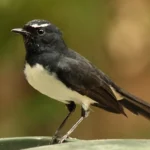
Willie Wagtail
Birds
-
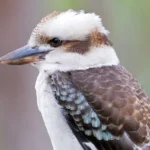
Laughing Kookaburra
Birds
-
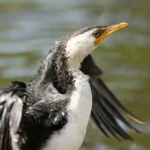
Little Pied Cormorant
Birds
-
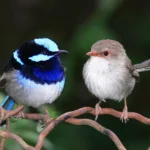
Superb Fairywren
Birds
-
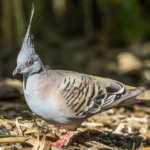
Crested Pigeon
Birds
-
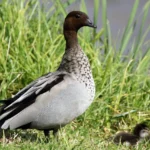
Maned Duck
Birds
-
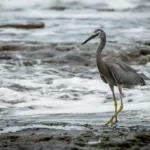
White-faced Heron
Birds
-
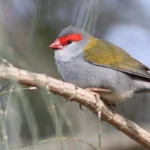
Red-browed Finch
Birds
-
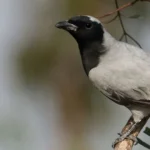
Black-faced Cuckooshrike
Birds
-
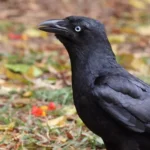
Torresian Crow
Birds
-
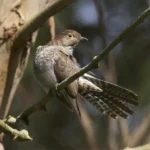
Fan-tailed Cuckoo
Birds
-
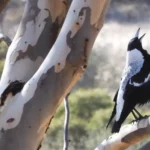
Australian Magpie
Birds
Credit Birdlife Australia







